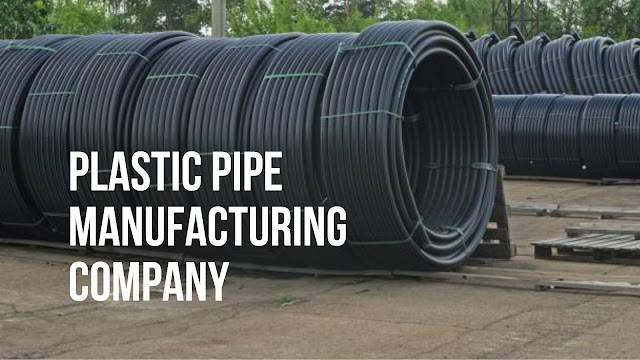Introduction
In the ever-evolving world of plumbing and piping, innovation is the driving force behind efficiency and sustainability. HDPE (High-Density Polyethylene) and the emergence of new technological advancements have significantly reshaped the plumbing industry. This article explores the transformative impact of HDPE and new tech pipes, their benefits, and the future they hold for plumbing solutions.
Understanding HDPE Pipes
What is HDPE?
HDPE, short for High-Density Polyethylene, is a versatile plastic material known for its durability and flexibility. It's commonly used in a wide range of applications, including water and gas pipelines.
Advantages of HDPE Pipes
HDPE pipes offer several advantages over traditional materials:
Durability: HDPE pipes are highly durable and resistant to corrosion, ensuring a longer lifespan.
Flexibility: These pipes can bend and adapt to the terrain, reducing the need for joints and fittings.
Lightweight: HDPE pipes are lightweight, making transportation and installation easier and cost-effective.
Leak Resistance: They have a fusion-welded design, minimizing the risk of leaks.
The Rise of New Tech Pipes
Introduction to New Tech Pipes
New technological advancements have given birth to a range of innovative pipe materials designed to address specific industry needs.
Notable Innovations
PEX (Cross-Linked Polyethylene): PEX pipes are known for their flexibility and resistance to extreme temperatures, making them ideal for residential plumbing.
CPVC (Chlorinated Polyvinyl Chloride): CPVC pipes offer corrosion resistance and are suitable for both hot and cold water applications.
Multilayer Pipes: These combine the advantages of metal and plastic pipes, offering strength and flexibility.
The Benefits of Transitioning to HDPE and New Tech Pipes
Sustainability
HDPE and new tech pipes are more environmentally friendly, as they require fewer resources for production and have longer lifespans. They are recyclable and contribute to reducing the carbon footprint.
Cost Efficiency
The durability, flexibility, and ease of installation of HDPE and new tech pipes translate into cost savings for both residential and commercial projects. Fewer maintenance and repair costs are an added advantage.
Reduced Health Risks
The materials used in these pipes are non-toxic, making them safer for conveying drinking water. They are also less likely to leach harmful chemicals into the water supply.
The Future of Plumbing
Conclusion
HDPE and new tech pipes are reshaping the plumbing industry by offering sustainability, cost-efficiency, and enhanced safety. Embracing these innovations is a step towards a more environmentally conscious and economically viable future for plumbing solutions.
FAQs
Are HDPE pipes suitable for underground applications?
- Yes, HDPE pipes are commonly used for underground installations due to their corrosion resistance and durability.
What is the primary advantage of PEX pipes?
- PEX pipes are highly flexible and can withstand extreme temperatures, making them ideal for various plumbing applications.
Can new tech pipes be used in older plumbing systems?
- It is possible to retrofit older plumbing systems with new tech pipes, but it depends on the specific circumstances and compatibility.
Are HDPE pipes recyclable?
- Yes, HDPE pipes are recyclable, contributing to sustainability and environmental responsibility.
Where can I learn more about these innovative plumbing solutions?
- Get access now at https://newtech-pipes.com/ to explore a wealth of information and resources on HDPE and new tech pipes.









No comments:
Post a Comment